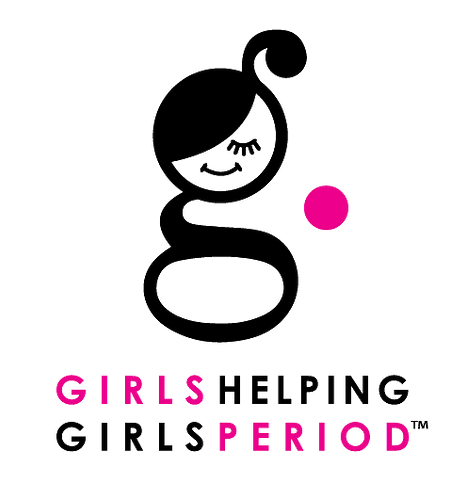Let’s take a trip down the road to Menstrual Equity, shall we? The destination features equal access to needed period products and education, but the journey will be a bumpy one, so hang on.
Just ten years ago, the landscape looked a lot different with regard to reproductive and menstrual health. During that time, many organizations like GirlsHelpingGirlsPeriod, Period, ISupportTheGirls, MenstrualHealthHub, and BloodyGoodPeriod have put periods, period poverty, and the need for equity front and center for those paying attention. Still, a study funded by the Bill and Melinda Gates Foundation found that half a billion people of reproductive age worldwide do not have what they need to manage their periods. Period Poverty Facts & Stats
If small efforts by organizations worldwide have helped put periods on the map, collectively, we are still in the woods, miles from even finding the road to the on-ramp… ok, you get it.
If we want the future to be better, there are some things we need to do.
- Increase funding for menstrual health research. We need a greater body of data and evidence related to a range of issues, including menstrual pain, adolescent development, and period poverty’s effect on mental health. Members of the healthcare industry should be at the forefront of making this happen. And we all can demand it.
- Ax the tax on menstrual products in the 27 states that still consider them non-essential. The few pennies on each box of pads and tampons are not the issue. PeriodEquity, a legal non-profit dedicated to the fight for menstrual equity, says the so-called “tampon tax” is an “unfair and discriminatory economic burden. States should not profit (an estimated $120 million annually) from our periods.” Calls to legislators and state government officials are a powerful way to send a message about just who is funding the projects that benefit us all.
- Enforce the policies we’ve succeeded in changing. Five states have approved bills that would provide free products in schools. But enforcement is weak if existent at all. Girls Helping Girls. Period. regularly gets calls and emails from school nurses and counselors in New York City requesting donations of products because their schools have none. Some of them don’t even realize there has been a mandate for free products in their schools since 2018. GHGP Executive Director Elise Joy says, “The absence of these products in schools absolutely keeps the people who need them from fully participating in sports, education, and social life. We’re starting to see students make demands, and while I wish it didn’t have to come to that, I am glad to see a movement developing.” Local school boards and state education departments must be alerted when policies are not followed. Don’t be shy in reaching out; often, they are unaware of poor follow-through.
- Increase access to menstrual health tools and education. A report in JAMA Health Forum states, “An expanding body of evidence from low-, middle-, and high-resource countries indicate significant menstruation-related challenges faced by schoolgirls, displaced adolescent girls and women, and women in the workplace—challenges that include menstrual stigma, insufficient menstrual education, and limited access to menstrual materials, toilets with water, mechanisms for disposal of used materials, or privacy.” The pandemic has only made all of this worse. In the United States, school health teachers would do well to take note and add lessons for all genders about the real-life consequences for everyone when those who menstruate do not have their basic needs met.
- TALK, talk, talk. Stigma surrounding periods and menstruation is pervasive. That stigma is not limited to young people who may be embarrassed by their changing bodies. It keeps many teachers from openly discussing critical lessons. And it gives legislators and policy-makers a cover for not addressing critical issues. Use the word “period” in conversations so that it takes the sting out of it. Break family and social norms that prevent an open discussion about something natural. These are simple steps, but they can have a profound effect.
Want to bring this discussion to your school or workplace? We can lead the way with our corporate WORKSHOPS. Have a group or club at school that could benefit from a chat about menstrual management, period equity, and how to lead in this area? Please reach out and let us help you find a volunteer opportunity or workshop that is right.


